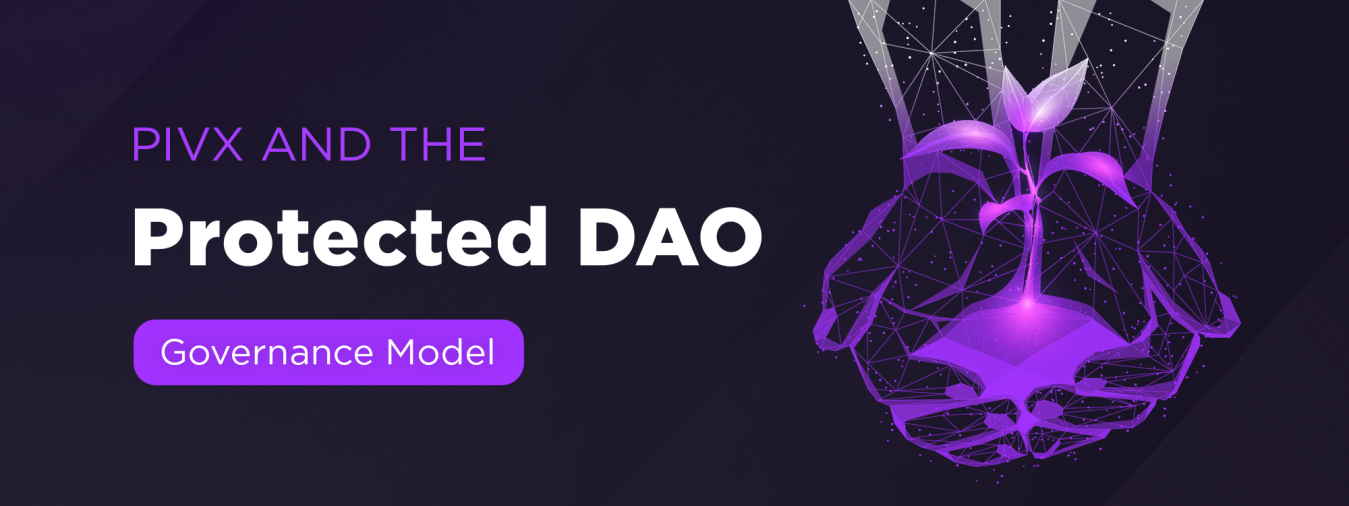We previously published an article on how a Decentralized Autonomous Organization (DAO) works for PIVX; however, what wasn’t mentioned was the fact that PIVX is one of only a handful of privacy projects that uses the DAO governing model. And for those that don’t, well, that’s a little scary.
Projects such as Monero, Firo, and Zcash do not maintain a decentralized governance model. The interesting part of this, to me at least, is that these projects, and many others like them, tout their superiority in the genre, yet, they’re centralized and under control of a/the minority. How is this secure?
When discussions of privacy projects with my cryptocurrency crowd turn to how “private” some projects truly are, I look past a project's ability to protect my coin- they can all do this for the most part. More recently, I’ve been looking at the governance of the projects and how centralized or decentralized it is. This can mean the difference between total chaos and a stable project.
Who’s making the decisions?
When researching this article, I found myself looking directly to the who. And while locating exact names wasn’t the goal, you could find them- the “owners-” of centralized projects. The decision-makers of protection and privacy coin projects should be akin to the Illuminati; you think/know someone is running it, but you don’t know who it is. This is part of the security model. For example, you know I’m helping the PIVX team, but because we’re a DAO, there’s no way to know if I’m making a/the decision(s).
No, I don’t really believe in the Illuminati (or do I?); the point is, if it were real, we wouldn’t know who’s running it. Just like a true privacy coin, we shouldn’t know who’s making all of the decisions. Decentralized governance is really the only option to ensure survival.
Centralized vs. Decentralized
When one says a project, coin, or token has a centralized governance system, it doesn’t necessarily mean it’s run by a single person (as a generalization). However, it does mean that all decisions can be made in a vacuum- without consent or any warnings to the end-user.
With a decentralized means of decision making, it means that any changes have to be coordinated. PIVX does this via voting announcements and vote casting through its Masternode owners across the globe. All votes are publicly recorded, yet little, if anything, is know about the voters.
Trust(ish)
The fact is I trust those who are making the decisions for PIVX’s future. Why? Well, making the right choice is in their best interest. Masternode owners have at least 10,000 PIV on the line to cast a vote (that’s how many PIV it takes to run a Masternode). If they make a wrong move, it could sink their investment.
Trust in a project like PIVX goes along with not knowing all of the players. The only real protection available to a privacy-centric project is knowing that it can’t change without notice. If I “owned” a project, I could essentially make a change without having any oversight. While you might trust my judgment, the truth is you don’t “know” me. Therefore, you can’t trust me.
The concept of trust is an oddity in such an environment, really. While I would like to trust those who are working to protect my information while using PIVX, the fact is, I don’t have to. The DAO does this for me.
So, next time you’re looking for a project to invest in, privacy or not, check out their governance model. It could mean the difference between good and evil (or something like that).
